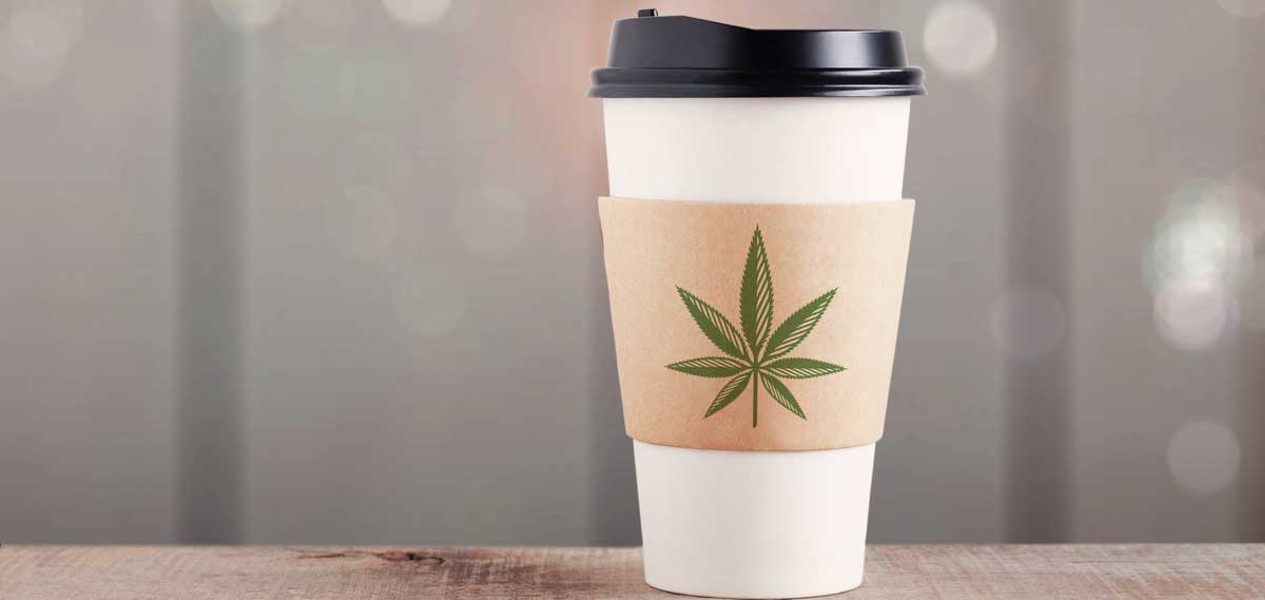You'll have to pardon California cannabis farmers if you catch them gazing longingly to the north, daydreaming of life on the Last Frontier, where moose abound, the night sky turns green and pounds of marijuana wholesale for $2,800 to $5,000.
A recent article on www.mjbizdaily.com details pot prices across the Land of the Midnight Sun, noting that they've dipped from a year ago, when a pound fetched up to $6,000. In California, wholesale prices have dipped to about $1,400 a pound for indoor flowers and $800 a pound for outdoor, according to www.cannabisbenchmarks.com. (Meanwhile, in Alaska, trim is selling for as much as $1,200 a pound.)
Why are Alaska's prices so high? That's a good question and there appear to be a variety of factors. First, Alaskan cultivators pay a flat tax of $50 an ounce — or $800 a pound — on cannabis sold to retailers. (That's a hell of a lot more than the $1 to $3 per square foot tax levied in Humboldt County.) Second, it's remote Alaska, so there's much less competition from the inter-state black market. Third, that remoteness makes it hard to get most goods, which drives up prices. "We pay a lot more for milk here, too. It's Alaska," quipped Keenan Hollister, a cannabis business owner, to the online news site.
It turns out Hollister is right. Milk prices are about 9 percent higher in Alaska, according to the cost of living comparison website www.numbeo.com, which also notes that grocery prices are an average of 36 percent higher in Alaska than California.
•
Senate Majority Leader Mitch McConnell wants to legalize it. The Republican heavyweight introduced a bill March 26 to legalize industrial hemp. If passed into law, the Hemp Farming Act would remove hemp from the federal list of controlled substances, allowing it to be grown and sold as an agricultural product.
Hemp — marijuana's far less hip cousin — doesn't get you high, as it contains only trace levels of THC. But it contains more CBD, the non-intoxicating compound that is increasingly sought out for medical applications. Grown in the United States for centuries, hemp is largely cultivated for the fibers in its stalks, which can be used to make rope, clothes and textiles.
If passed, McConnell's bill would allow states to set their own hemp-growing regulations. Perhaps more importantly, it would also allow researchers wanting to study hemp to apply for federal grants.
•
The United States may soon have its first multi-state cannabis franchise.
Golden Leaf Holdings, a Canadian company that has launched Chalice Farms, a chain of cannabis stores across Oregon, is set to get a massive cash infusion and has eyes on becoming the Starbucks of marijuana.
The company announced this week that a venture firm, BlackShire Capital, has signed a letter of intent to invest $19.4 million in order to franchise the Chalice model across multiple states.
"Like Starbucks is to coffee, we believe Chalice will be to cannabis," Golden Leaf CEO William Simpson told The Cannabist.
Because the United States currently consists of a patchwork of state cannabis laws, and transporting marijuana products across state lines remains strictly verboten, the franchise model may prove tricky. After all, the idea behind a franchise is that you walk into any location and see the same menu. According to The Cannabist, Chalice plans to work around this by manufacturing many of its own products locally or working directly with manufacturers to produce products that will be similar from location to location.
Folks looking to become franchisees will have to pay Golden Leaf a $50,000 start-up fee, as well as a 5-percent royalty. BlackShire hopes to launch more than three dozen stores in the next two years in Canada and the United States.
•
Thadeus Greenson is the Journal's news editor. Reach him at 442-1400, extension 321, or [email protected]. Follow him on Twitter @thadeusgreenson.


Comments